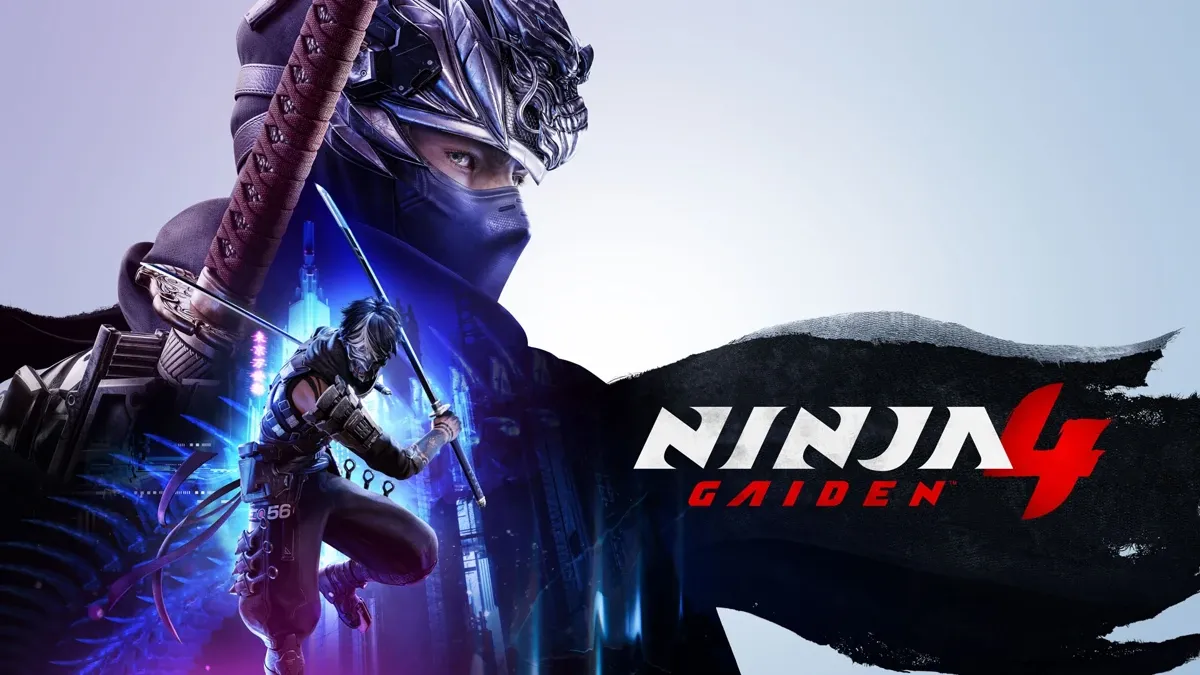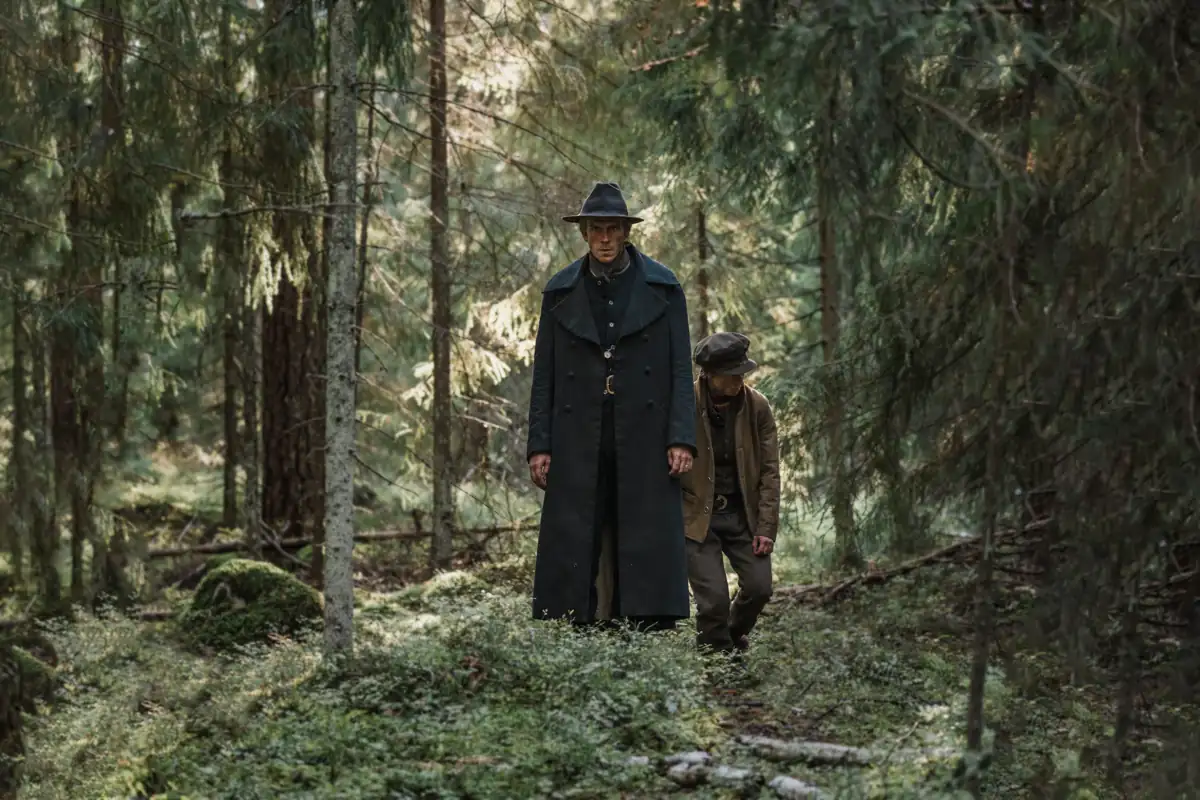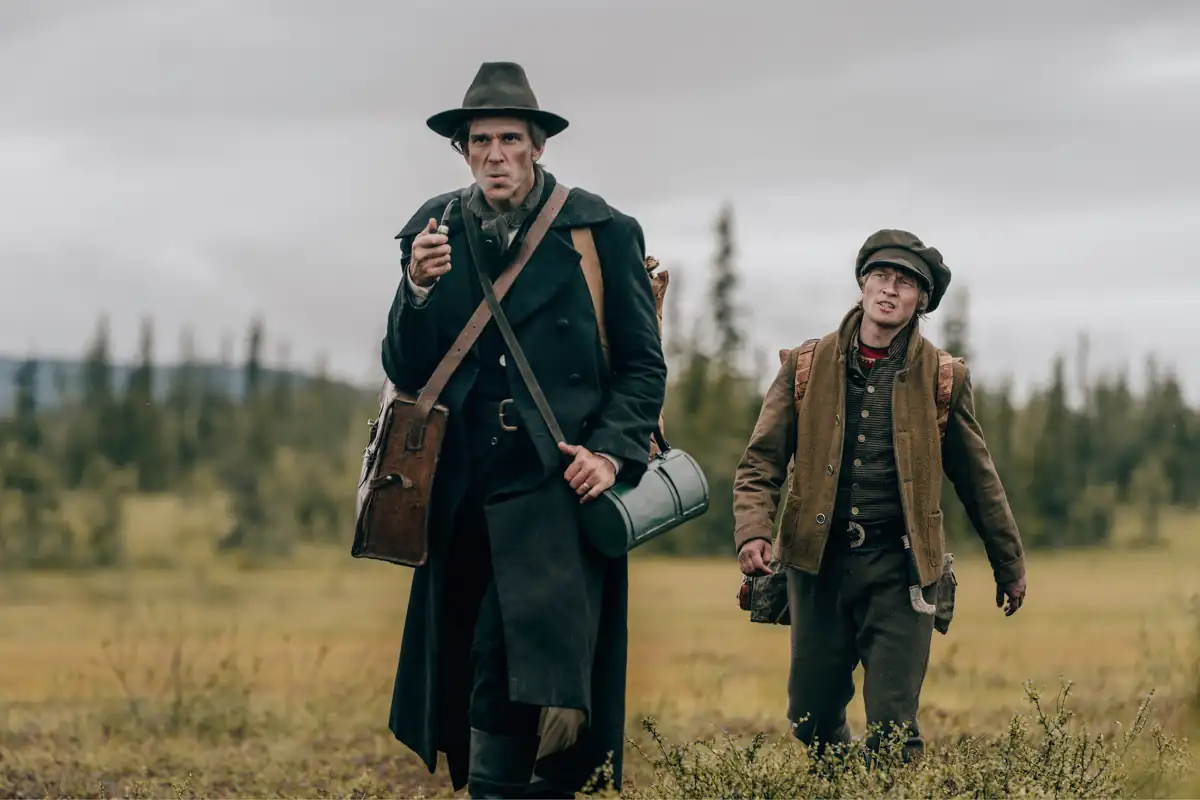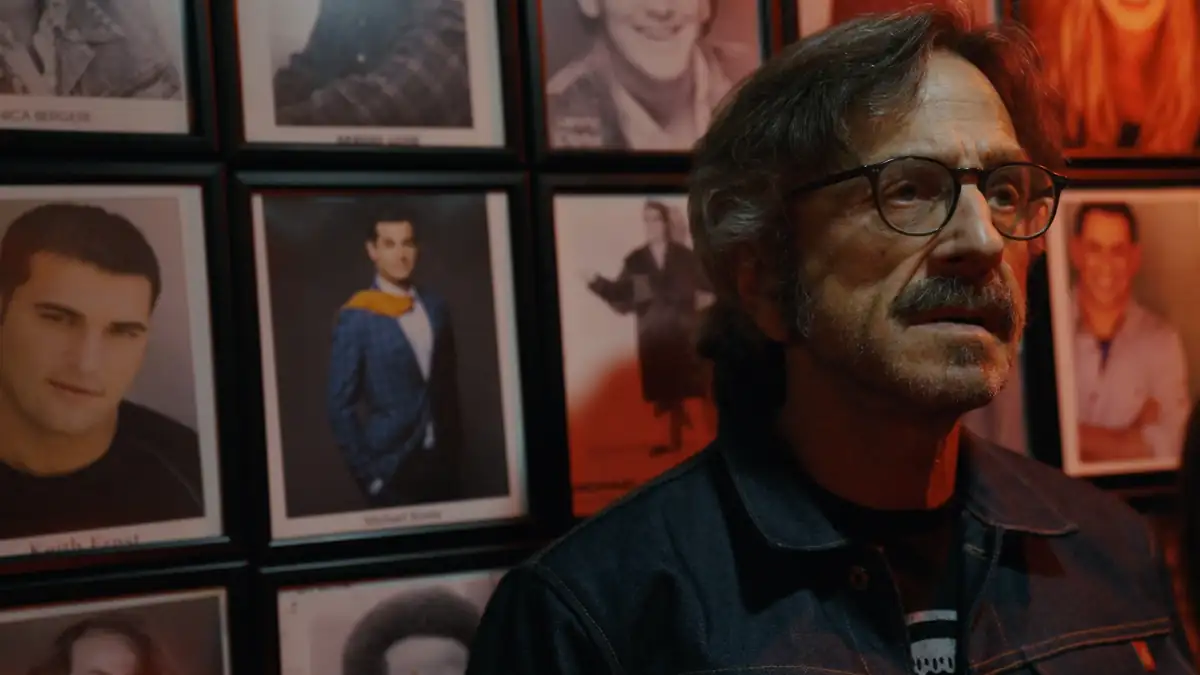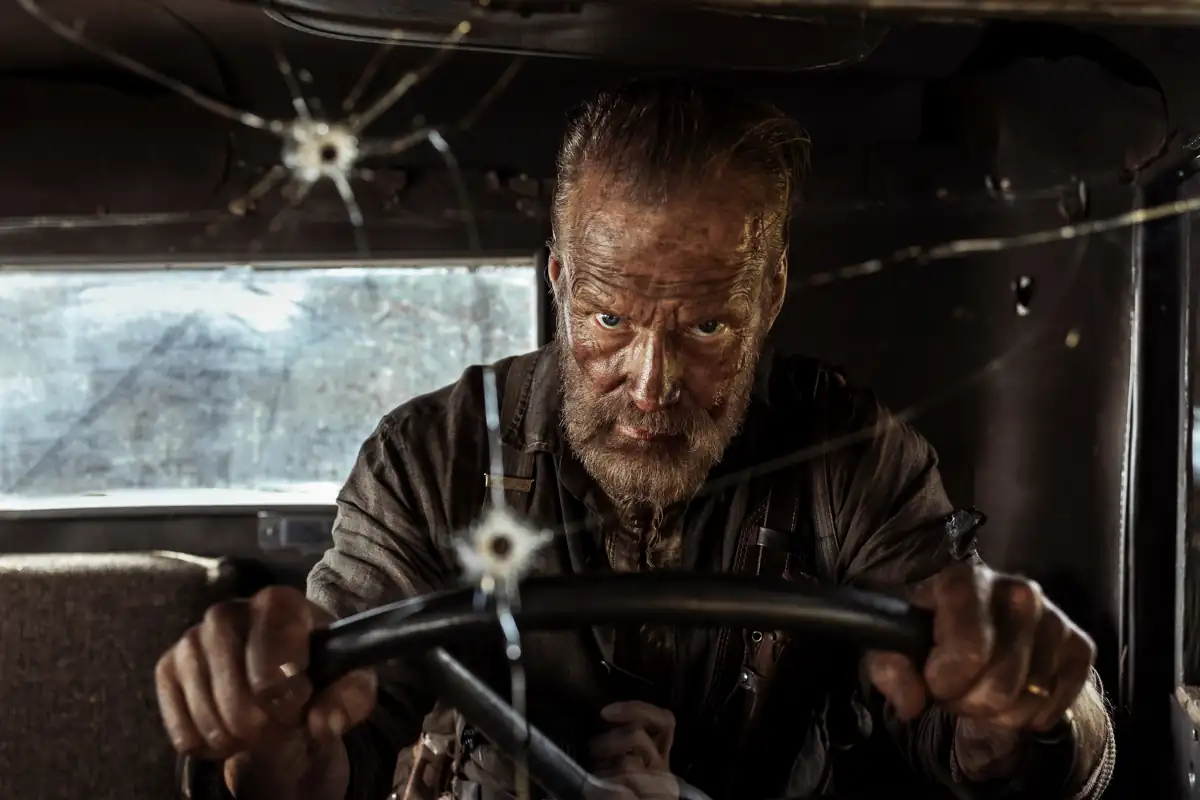★★ | Off the rails
SNOWPIERCER, based on the film by Bong Joon-ho, and bearing very few similarities to the French comic Le Transperceneige that inspired both, is the endlessly troubled result of a production from hell.
Between showrunners fired, directors walking from the production, and the entire pilot reshot to suit the new leaders’ vision, it’s a miracle that SNOWPIERCER ever saw the light of day. It would be great to say the trouble was worth it, and out of the strife came a lean, unified vision worthy of director Bong’s sci-fi masterpiece.
Sadly, this is not the case. SNOWPIERCER is an aimless, dour, and unbearably unimaginative cover song of something far better. It wastes its wild setting by forcing the sparse plot line into a network-friendly format that feels so out of place it makes you wonder why they bother using the IP in the first place. At a little over ten hours long, the series feels twice that with half the substance. Plot threads are so flimsy one could barely call them tattered, and there’s a constant sense that nobody knew where to take the story after a reasonably solid pilot.
None of which is the fault of a game, mostly impeccable cast trying their hardest to salvage the mess of a script. Daveed Diggs (of HAMILTON fame) is perfectly amiable as the underwritten Layton, and his bickering friendship with Mickey Sumner’s brakeman Till is one of the highlights of the series. It’s also Sumner who delivers the most nuanced acting of the season, effortlessly making her conflicted would-be guardian of order into a fascinating character to watch. Jennifer Connelly is as solid as ever, but one can’t help but feel that the extremely slim role is something she could play with her eyes closed. The wonderful Alison Wright brings a much-needed spark to Connelly’s second in command, but her character gets lost in the endlessly convoluted plotting.
Set seven years after climate change and human meddling has rendered the planet in a state of a permanent ice age, the train Snowpiercer still runs across the globe as a perpetual motion machine, keeping the last few thousand people clinging on to life. Life in the 1001 cars splits into three classes: The ultrarich caricatures living in opulence in the first; the white-collar workers in the second; and minorities of all kinds in the third. Beyond is the tail, a decrepit pit for the poor and unlucky without tickets, live in squalor. As Snowpiercer makes another revolution around the planet, a coup begins brewing. All it takes is one spark to set it off, and Andrey Leyton, the self-righteous leader of the Tail, just might be that.
Typically, it’s not fair to compare a series to the film that inspired it, but SNOWPIERCER immediately throws that out the door by openly imitating its definitive version right out of the gate. Visually it takes everything from the surface level with none of Bong’s subtleties, which makes the experience confounding. Production design and costumes borrow or nod heavily to its predecessor, and there’s even an entire major set piece that copies a memorable moment from Bong’s film.
In theory, everything looks great, but it comes at the cost of the story. Additions such as a tunnel system beneath the train immediately break the already strained suspended disbelief, and that’s not even getting into the entire swimmable lagoon in one of the cars. The Night Car exists in some weird half-life between CABARET and MOULIN ROUGE, complete with mind readers who help others visualize their need for exposition. Characters often pipe in about how the actual length of the cars spans some ten miles in length, yet everyone continually feels like they’re only a few cars apart at all times.
Making the train a functioning piece of magical realism could work, but the series never commits to one depiction. After initial introductions, we only ever return to a handful of cars, each increasingly similar to the other. Despite the series repeating in every episode how long Snowpiercer is, the result feels small in all the wrong ways. This nitpicking feels so prevalent because the show’s plot becomes so convoluted, the mind begins to wander.
The reason for repeat visits is equally dull. In a bizarre turn of events, the train’s front section discovers that Leyton was a homicide detective before the end of the world. This is a real stroke of luck, as out of the thousands of other survivors, nobody else was as much as a ticket inspector (despite the train having a police force). So the Neo-Marxist story about class warfare becomes, I kid you not, a police procedural.
Over half the season dedicates itself to a nonsense plot that goes nowhere, and it feels like the showrunners know it too. By the time the case is solved, it reveals nothing new about the train or its characters.
Where its inspiration lived in the murky gray zone of morality, SNOWPIERCER the series embraces convention at every turn. One of the more repugnant aspects of the show deals with the deification of heteronormative values by depicting polyamorous couples as deviants or LGBTQ characters as abusers. It even grants a moral reprieve from murder in service of the traditional family unit. Some elements feel like vague attempts at satire, but the series is tonally so confused it’s hard to figure out what is and isn’t intentional.
Overall the series feels like an exercise in crude reductionism. While the film wasn’t exactly subtle about its themes, it was nuanced in depicting them. Compare, for example, Octavia Spencer being cornered by guards in the movie to Daveed Diggs experiencing the same in the show. Both clearly draw parallels to police brutality against African-Americans, yet where the film knew just how much to show and where to cut, the series underlines the point so much the whole turns into crass doodling. Such is the case with everything else.
But that’s the deal you strike when you want to gain the biggest possible audience. You need to sugarcoat things. SNOWPIERCER the film didn’t do any of that, and it was a marginal success, a critically acclaimed cult classic at best. A mainstream network serial was never going to attempt doing the same. It fears losing its audience so much that it instead removes any wit, bite, and any semblance of intelligence to deliver precisely the same thing we’ve already seen a hundred times over.





